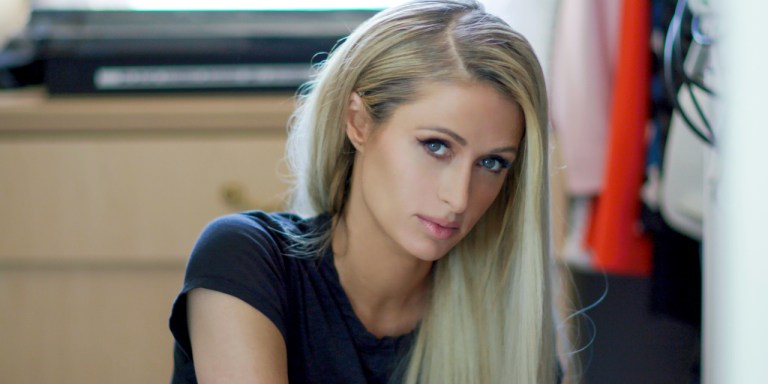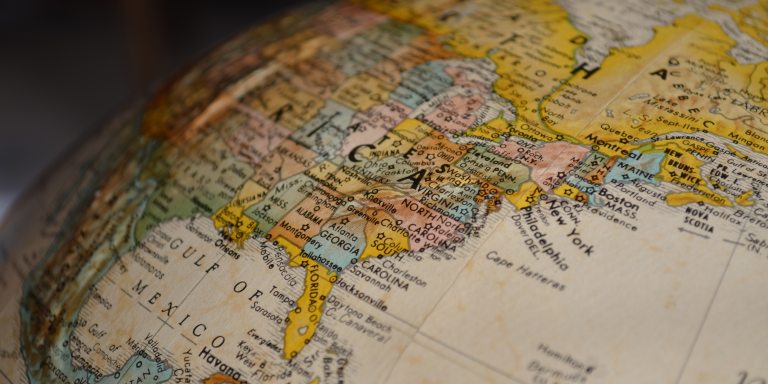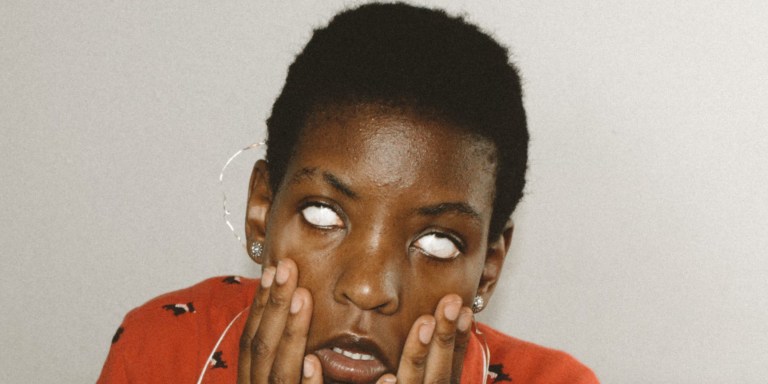In 2012, Psychology Today published an article on the effects of political affiliation on marriage. The article, “Why Republicans Don’t Want To Marry Democrats,” was insightful for two main reasons: The ways in which our political views affect our personal choices – such as who we marry and who we are open to marrying, and the state of political polarization that is faced at present in the social culture.
The Psychology Today piece, citing research from Stanford University communications scholars, revealed a particularly stunning statistic: Around 30 per cent of Democrats and 50 per cent of Republicans were reportedly upset by “the idea of interparty marriage.” The article then goes on to explain that not only are political perspectives a matter of social and cultural beliefs, they have now become a matter of personality – driving the very essence of who we are. (What about Independents and the unaffiliated?)
What does this actually mean in the context of our two-party (and increasingly polarized) political system? According to the article, it means that not only are Republicans and Democrats increasingly different in terms of values, their personalities are at odds with each other. Republicans are said to be more authoritative while Democrats have more openness – which are seen as opposing traits in psychological terminology. Considering that people are more likely to marry someone with similar values, and authoritarianism and openness are in direct contradiction to each other, it means that polarization at the macro level is experienced at the micro level. This is true of even our most personal affections and choices – love and marriage.
Last month, Vox also reported some statistics across decades regarding political affiliation and marriage. In 1960, 5 per cent of Republicans and 4 per cent of Democrats reported that they would be upset by “cross party” marriage. Compare that to 27 per cent of Republicans and 20 per cent of Democrats in 2008, and 49 per cent of Republicans and 33 per cent of Democrats in 2010. All in all, Republicans and Democrats are increasingly likely to let their politics get in the way of potential romantic relationship endeavors with each other.
Politics is not the only area that we think of as “contentious” when it comes to deciding who we choose to spend our lives with in terms of companionship. Religion (and lack thereof) is another factor that plays a big role. As a whole, almost 50 per cent of Americans in 2014 reported that they would be unhappy “if a family member married someone who doesn’t believe in God,” according to the Pew Research Center. Religion and politics also go hand-in-hand as conservatives would be the most upset by marriage to an atheist – 73 per cent of consistent conservatives, in comparison to 24 per cent of consistent liberals. Consider also that 27 per cent of consistent liberals in the same research reported that they would be unhappy with a family member marrying a “born again Christian,” as compared to 3 per cent of consistent conservatives, and 9 per cent of Americans overall.
Unlike interparty marriage, interfaith marriage however, has increased. According to a 2014 Pew Research survey, 39 per cent of Americans marry outside of their religious tradition. (The survey considered different Christian religious groups but also provides some references to statistics of non-Christians.) In 1960, only 19 per cent of Americans had interfaith marriages. The research also indicated that interfaith relationships are even more common among the unmarried – 49 per cent of unmarried couples co-habit with a partner of a different faith. In a New York Times essay in 2013, writer Naomi Schaefer Riley described interfaith marriages as a “mixed blessing.” Riley reported that while society may deem interfaith marriages a sign of progress, the couples themselves are more likely to report dissatisfaction, and the marriages to end in divorce, when compared to same-faith couples.
So now that you know the statistics and facts, the question remains: Would you or wouldn’t you marry (or date with the the possibility of marrying) someone with different religious and political beliefs from you? Should a couple or potential couple with different political and religious beliefs think about this seriously before getting too serious? Does love conquer all?
It is impossible to say what will happen to any one specific couple, regardless of their level of commitment to each other. But it is important, I think, for one to consider the social science involved in our social commitments – marriage being one of them. Even with the seemingly popular views that aim to deemphasize the significance of marriage, people are still getting married, and on their way there, falling in love.
I once watched a short TED Talk in which the presenter discussed how people don’t always pay attention to the facts. (I searched at length for the video but could not find the right one. Also, I watch way too many TED Talks and many have started to converge in my mind.) Anyhow, one of the opening lines the presenter stated was that if you ask many engaged couples what are the chances of them getting divorced, they will say null. But that is simply untrue – and we know this from our divorce statistics. So in order to better understand our choices and commitments, we need to pay attention to probabilities and facts.
Does that mean I’m saying don’t marry someone who doesn’t share your religious and political perspectives? No, certainly not. From my personal track record thus far, I’d statistically be very unlikely to marry anyone if I were to follow that advice. I’m willing to share that I’m politically unaffiliated, have been interested and dated across the political spectrum, and as a practicing Catholic, have mostly found myself in the romantic company of non-Catholics.
All that being said, I cannot deny the reality of potentially getting married to a non-Catholic or someone whose politics is drastically different from mine – however much my fundamental values are labelless but include some views on the left, right, and center. (We’ll leave out the further complication of my identity as a Nigerian third culture kid.) As a friend’s mother who is Catholic (and married to a Lutheran) once said to her daughter, my friend, “You don’t think about these things when you’re younger but even having someone to take the kids to mass with, would have been helpful.”
As a Catholic, I can tell you that raising kids is one of the greatest concerns for commitments to non-Catholics. Especially considering that in the United States anyway, according to Riley’s New York Times piece, Catholics in interfaith marriages are no more likely to get divorced than those who marry other Catholics. While I can honestly say I am open to interfaith marriages, it is a cautious openness, and one that involves a caveat – agreement that the potential future children would be raised Catholic. As any good practicing Catholic knows, this is a requirement of interfaith marriage if you marry in the Church. This is true, I believe, of some other faiths as well.
It is probably a lot easier to simply marry someone who has the same faith and politics as you do. From the social science of politics and perspectives especially, it is clear that we as a culture are mostly only getting along with people who think like us. (In my opinion, this is not a good thing.) Considering the relationship between politics and religion, it might be fair to say too that one’s politics might be of greater importance than one’s faith, especially with the decline of religious practice overall. But marriage, and before it, love, doesn’t always work like that. People are people and sometimes you fall in love with someone who is different from you religiously, politically, and sometimes personally.
Five years ago, my dad wrote a book on marriage called The Meaning of Marriage. In it, he emphasized the importance of not only loving the person you marry, but also loving the institution and the ideology of being married. A few weeks ago, my mum and dad celebrated their 35th wedding anniversary.
I often think of my parents as really different people. My mother is shy, reserved, and introverted – the quintessential “behind the scenes” woman. My dad is charismatic, outgoing, and more extroverted than introverted. The way they parent, make friends, and voice their opinions, is different. Their personalities are different, I think, more than they are the same. But their fundamental differences are more similar than conflicting; the most important in this context being that they are devout Catholics, which is something that extends to their political beliefs. (Read: They would not know how to vote in an American political election in a way that stayed true to all their fundamental beliefs. I can relate.)
It is undeniable from my perspective with my parents as an example alone, that it is simply more practical to commit to someone who shares your fundamental beliefs, however much one wants to believe that love is enough. When one is getting married, the considerations have to go beyond love. The considerations have to indulge politics, faith, and how it “fits” into the love and would-be commitment, not to mention all the other factors that may or may not make a marriage successful. (A 2014 Atlantic article recommends an inexpensive engagement ring, an inexpensive but large wedding, being wealthy but “not a gold digger,” and going on your honeymoon.)
For whatever it’s worth, upon being prompted to indulge in a social media post on my parent’s 35th anniversary, my dad posted something insightful that you might take solace from:
“Of the Four Horsemen of Matrimony (Respect, Forgiveness, Cognition, and Communication), you have guessed right, the dark one is Cognition. The different mindsets, beliefs, worldviews, being outcomes of different family-systems and eco-systems, plus individual personality, that the partners bring to a relationship that is advertised as a total union of persons…ha.! Friends, let’s face it: the challenge of building inter-galactic unity, of interfacing mental, affective and behavioral constellations, makes marriage just about the hardest thing in the world.”
The solace? Whether your marriage is interfaith or cross party or same-faith or same-party, it’s probably going to be one of the most difficult commitments you can make, and continue to make. And if you have examples of people who have been married (like my parents), longer than they’ve not been married, certainly aside from love, they might cite religion and politics and culture and children and companionship and “the four horsemen of matrimony,” as their reasons for staying together.
But I’ve found that they’ll also both jokingly and probably honestly cite something else for the reason they’re still married despite their differences, challenges, and changes: They didn’t get divorced. ![]()





